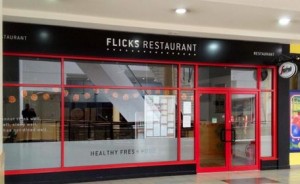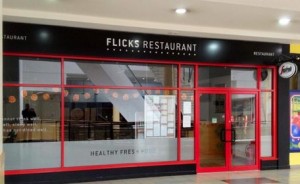There are now 90 confirmed cases and 179 probable cases of E. coli O157:H7 linked to Flicks restaurant in Belfast.
This restaurant may want to review its suppliers. Or cooking practices. Or pretty much everything.
That’s a lot of sick people from one restaurant (although check out some Facebook and other comments about the kitchen from former staff; they’re not kind).
The Public Health Agency (PHA) and Environmental Health Officers from Belfast City Council are continuing to investigate and have confirmed the type of E. coli O157 in cases  in October is different from the type found in August cases associated with the same restaurant. These results are from a first phase of typing tests which showed the cases in August to be Type 8. The confirmed cases in October are Type 54. It is too early to draw definitive conclusions at this stage.
in October is different from the type found in August cases associated with the same restaurant. These results are from a first phase of typing tests which showed the cases in August to be Type 8. The confirmed cases in October are Type 54. It is too early to draw definitive conclusions at this stage.
“It is vital that everyone follows some simple rules to prevent the spread of E. coli – not just those with symptoms, but everyone should wash their hands after using the toilet and before eating or preparing food. Raw and cooked food should be kept completely separate, raw meat should be cooked through and vegetables and fruit should be washed thoroughly before eating.”
If it was simple, so many people wouldn’t be barfing.

